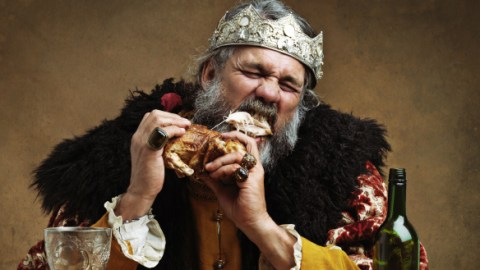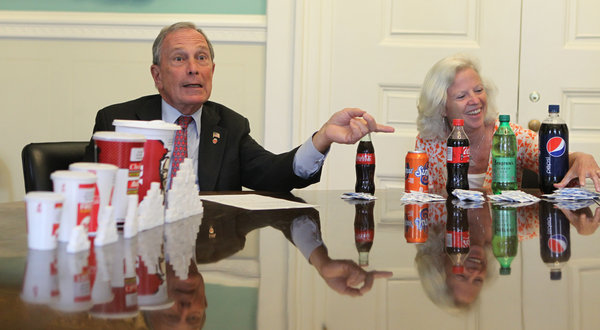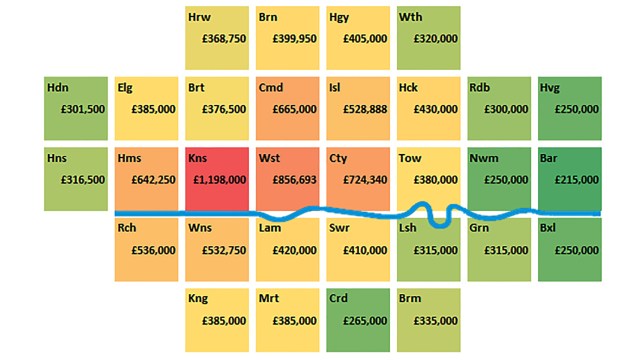Obesity Isn’t a Personal Choice. It’s a Cultural Decision.

Overeating — and subsequent obesity — has become a national issue. Michelle Obama spent most of the last eight years publicly addressing the topics of fitness and nutrition, serving as a benchmark of nutrition (where are we as a culture if the First Lady had to tell us to eat our vegetables?). However, it’s wrong to assume that the obesity epidemic is due to a lack of willpower or personal failure, as is often the narrative. Johanna Ahola-Launonen of the University of Helsinki thinks the food environment is to blame.
[M]ost eating decisions are made habitually and not consciously.
The modern food environment is a gluttonous smorgasbord of fat, sugar, and convenience. Comedian Patton Oswalt got poignant laughs for his bit about KFC’s Famous Bowls calling them “a failure pile in a sadness bowl.” He did what great comedians do by shedding a light on that thing no one wants to talk about. In this case, it’s our food culture, which encourages us to be one of the 1 billion served by McDonald’s and eat our feelings because I bet you can’t have just one. We love failure piles, sadness bowls, Lean Cuisines, and hating ourselves for loving those things. And why not? Everyone else is doing it.
Fat shaming and guilt tripping won’t make people eat less.
Ahola-Launonen argues that most eating decisions are made habitually and not consciously. Humans tend to behave like those around them — if someone yawns or crosses their arms, we do the same. If the same is true for eating habits, then it makes sense we would overeat if everyone around us was doing the same. If we want to effect change in the obesity epidemic, it has to come from an environmental and cultural change. Fat shaming and guilt tripping won’t make people eat less.
There’s not an easy answer to ending the epidemic, but it could start with possibly taxing high-sugar foods, as Ahola-Launonen suggests, or curbing how we advertise food that will kill you, the way we have done with cigarettes. By making it a cultural issue instead of an individual one, we spread the responsibility. That may be a heavier weight than we were prepared for.
Chef Dan Barber says America actually lacks a cuisine that constrains people’s diets:





